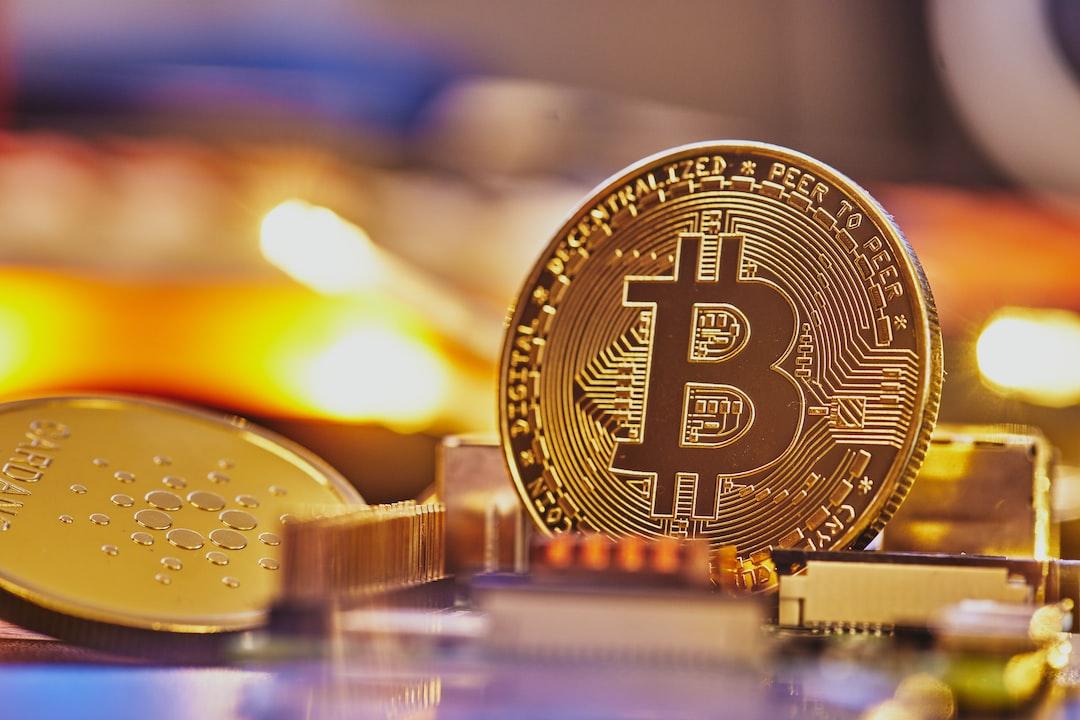South Korea’s Financial Services Commission (FSC) to Submit Stablecoin Regulation Bill to Parliament in October
The Financial Services Commission (FSC) of South Korea is expected to submit a “Stablecoin Regulation Bill” to the National Assembly in October, paving the way for the Korean won stablecoin market. This policy, originating from President Lee Jae-myung’s campaign promise, is being actively promoted between the National Assembly and regulatory agencies, while the four major local banks are also ramping up preparations and even disclosing meetings with USDC issuer Circle.
FSC to Submit Stablecoin Bill in October
According to South Korean media outlet MoneyToday, the FSC has confirmed that it will publicly submit a stablecoin regulation bill in October of this year, clearly stipulating the conditions for issuance, collateral management, and internal risk control. This bill will be incorporated into the legislative framework of the second phase of the “Digital Asset User Protection Act,” symbolizing an accelerated pace toward institutionalizing the Korean won stablecoin.
Ruling party member Park Min-kyu revealed that he has received a report from the FSC confirming the relevant legislative plan. Once the government draft is made public, it will be reviewed alongside several existing versions of bills proposed by members of the National Assembly, including the “Fundamental Digital Asset Act” and the “Value-Stable Digital Asset Act” proposed by Democratic Party lawmakers.
The Strategic Significance of the Korean Won Stablecoin: Campaign Promises and International Pressure
The spotlight on the Korean won stablecoin is closely related to the policy blueprint of the newly elected President Lee Jae-myung. During his campaign, Lee promised to create a vibrant local stablecoin market to strengthen Korea’s monetary sovereignty in the digital finance era as part of a global financial strategy.
Another layer of pressure comes from the United States, where the Trump administration attempted to pave the way for consolidating the dollar’s stablecoin hegemony by signing the “GENIUS” Act. The FSC believes that if the advancement of the Korean won stablecoin is not accelerated, it may be marginalized in future digital financial order.
At the same time, Japan is also speeding up, with expectations that it will approve the issuance of the yen stablecoin (JPYC) as early as this fall, which has also become one of the reasons for South Korea to take action.
The Four Major Banks Are Preparing: Circle Becomes a Potential Partner
Before the regulatory bill is released, the four major banks in South Korea, including KB Kookmin Bank, Shinhan Bank, Hana Bank, and Woori Bank, have already begun taking action. Reports indicate that they are considering meeting with Circle President Heath Tarbert next week to discuss the circulation, payment, and cross-border remittance cooperation of USDC in the Korean market.
The aforementioned banks have also initiated internal projects, including establishing stablecoin business and policy departments, researching the introduction of stablecoin for domestic and cross-border payments, and various testing.
In June of this year, eight major local banks also revealed plans to establish a joint venture to lead the issuance and technical architecture, preparing to launch a stablecoin based on the Korean won, with members including KB, Shinhan, Woori, NongHyup, IBK, Suhyup, Citibank Korea, and Standard Chartered Korea.
South Korea’s Central Bank Warns: Limit to a Few Licensed Issuers
However, the Bank of Korea has issued a warning, with President Lee Chang-yong publicly stating last month that the issuance of the Korean won stablecoin should be limited to a few licensed banks to avoid the risk of excessive dispersion impacting foreign exchange and monetary policy.
Conclusion
Currently, South Korea’s stablecoin legislation stands at the intersection of institutionalization and risk management. The hurried push from the government, National Assembly, and enterprises contrasts sharply with the cautious attitude of regulatory agencies and the central bank. As the October bill approaches, how South Korea balances innovation, sovereignty, and financial stability will not only affect the domestic market but also become a key case in the digital currency competition in East Asia.
Risk Warning
Investing in cryptocurrencies carries a high level of risk, and their prices can be highly volatile. You may lose all your principal. Please carefully assess the risks.

